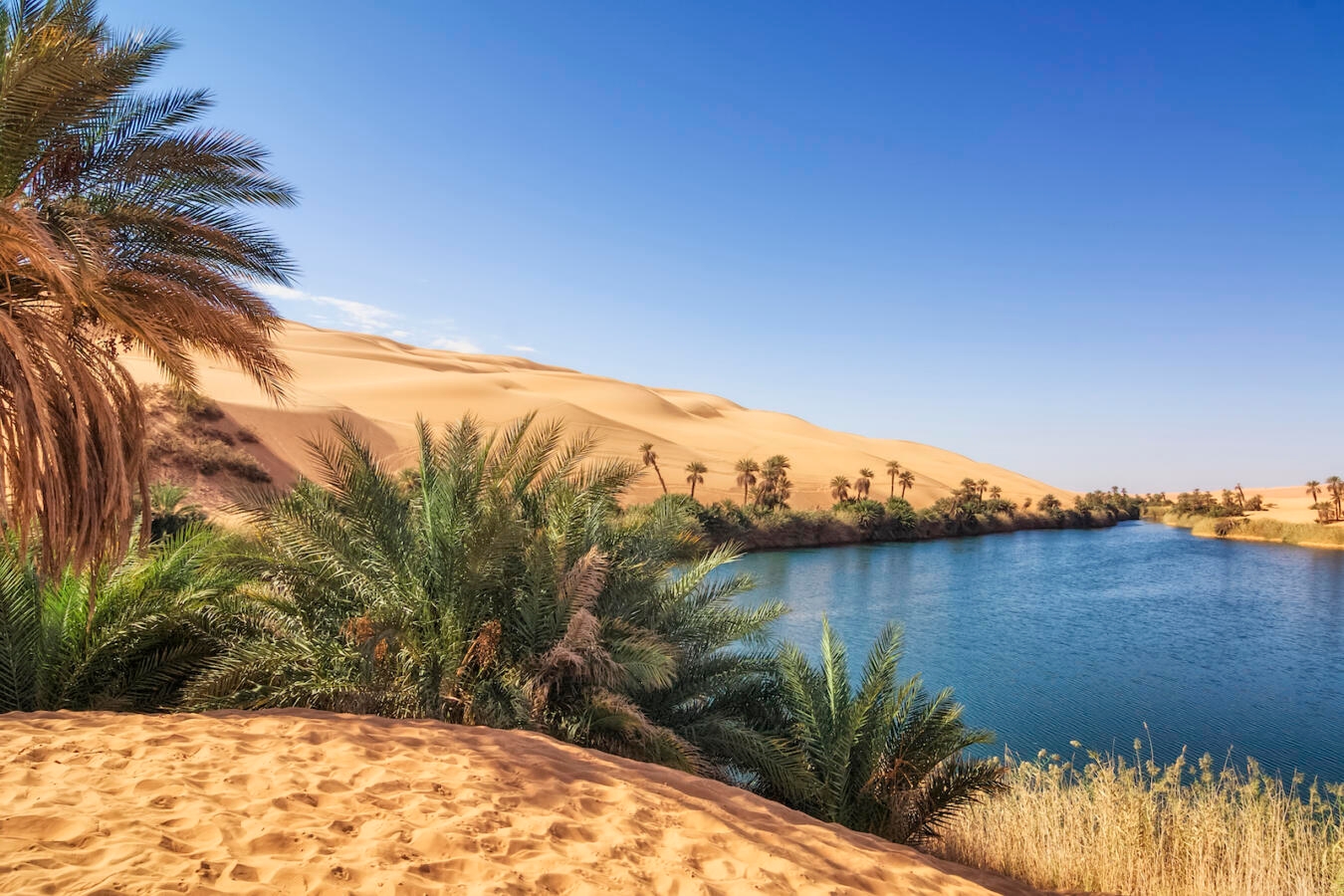Commentary on Parashat Matot-Masei, Numbers 30:2-36:13, 28:9-15
This week’s Torah portion is a double parasha, Matot-Masei, and with its reading we conclude the Book of Numbers. Matot, which means “tribes,” discusses the annulment of vows, the war waged against the Midianites, and the request of two tribes — Reuben and Gad — to settle outside the land of Israel. Masei, which means “journeys,” delineates the borders of the promised land, describes the cities of refuge the Israelites were commanded to create as safe havens for those who unintentionally kill someone, and clarifies the laws of land inheritance in light of the plea from the daughters of Zelophehad.
Masei also enumerates the 42 encampments in which the Israelites’ dwelled during their 40 years of wandering in the desert after leaving Egypt. While it might seem that this list is simply that, a list of names and places that do not hold much meaning, Jewish tradition suggests otherwise.
In the Talmud (Kiddushin 71a), we learn that God’s secret name has 42 letters. Over the centuries, the Jewish mystical tradition unearthed this special number in multiple Jewish prayers, including Ana B’Koach, Ve’ahavta, and the opening paragraph of the Amidah — all of which have 42 words. This ongoing usage of the number 42 indicates God’s eternal presence in our people’s history. God was not only present with our ancestors during their 42 encampments in the wilderness, but continues to be with us as we recite these 42-word prayers in our liturgy. Just as God’s presence remained with them, so too does it remain with us.
And yet we do not always see or feel God’s presence, which may help explain this teaching in the Midrash about the 42 encampments: In Numbers Rabbah 23:1, God tells Moses, “‘Write down all the places through which Israel journeyed, that they might recall the miracles I wrought for them, guiding them safely through human and natural dangers.” (Numbers Rabbah 23:1). Despite the miracles that God performed for the Israelites throughout their journeying through the wilderness, they were liable to forget them if they did not make a point of remembering.
With your help, My Jewish Learning can provide endless opportunities for learning, connection and discovery.
It is common for those journeying through grief to reflect on the many places they encamped with their departed loved ones — moments that may not have felt especially meaningful or significant at the time, but take on more gravitas and importance in retrospect. Literally and metaphorically, we remember the places we visited together. This can often be painful and lead us to wonder when our grief will diminish and if we will ever arrive at the promised land where we no longer feel our grief so deeply.
While it may be impossible to feel whole again, the Midrash encourages us to remember that each stop along the way was filled with miracles. Revisiting the various encampments on our life’s journey as “God-sparks,” moments in which the Divine infused our lives with gifts, we “encamp” in those moments that we might not have noticed at the time: an embrace, a kiss, a sunset, deep laughter. Much of what we take for granted can be seen as miraculous, gifts from the Holy One of Blessing that have enriched our lives and continue to — if only we stop and notice. Just as God told Moses to mark down all of the places that Israel journeyed, we too can contemplate our shared encampments with those who have passed. And in so doing, see the miracles we shared with them.
This article initially appeared in My Jewish Learning’s Reading Torah Through Grief newsletter on July 15, 2023. To sign up to receive this newsletter each week in your inbox, click here.
Looking for a way to say Mourner’s Kaddish in a minyan? My Jewish Learning’s daily online minyan gives mourners and others an opportunity to say Kaddish in community and learn from leading rabbis.



